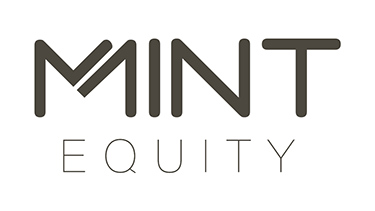Capital Gains Tax Explained
For most of us the understanding and familiarity with Capital Gains Tax (CGT) starts and ends with ‘we don’t pay it when selling the family home’ or ‘if we sell the investment property after 12 months the CGT is significantly lower’, but there’s so much more to Capital Gains Tax in Australia.
Capital Gains Tax is a tax we are all required to pay on any profits that we make from the increase in value of assets from when they are bought until they are sold. While property is the most often thought of, it’s just one asset type that attracts CGT.
Thinking specifically of property – Capital Gains Tax is generally payable on any and all properties which are not your primary residence. So, holiday homes, investment properties, and even properties that make up part of the SMSF (Self-managed Superannuation Fund) all incur CGT. If you sell a SMSF property at retirement you will skip paying GCT but if you sell the property while you are still accumulating funds you will incur 15% CGT if sold in the first year of ownership and 10% after that.
If you sell a property you once primarily lived in but then rented out; you will need to pay CGT calculated on the time that you were not the property’s resident.
Advice on Capital Gains Tax
Capital Gains Tax on property can be calculated in three different ways, and is dependent on when the property was purchased (on or after 20 September 1985) and how long you have been the owner. Due to the fact it can be calculated in 3 separate ways and with the complexity and technicality of ‘principal residence rules’, it is always advised that you seek professional advice before selling so that you know exactly where you stand in relation to your taxation obligations. If your primary residence is owned by a company or a trust it is not exempt from Capital Gains so seek advice.
Mark Plaskitt, Senior Financial Advisor from MLC Advice Centre said CGT can get really complicated without the right guidance.
“It’s not just payable when you sell a property and make a financial gain. It may also be payable in other CGT events – these events can also include giving it away, if it's destroyed or lost, or you stop being an Australian resident for tax purposes.”
While it is of absolute importance to seek professional advice before selling a property (or other asset) it is also beneficial to seek advice before buying with your goals in mind. If you plan to upsize your home within the next few years before you add to your family, if you plan to migrate, if you plan to have investment properties as part of your SMSF then all of these plans need to be taken into consideration and the tax implications assessed.
Contact Mint Equity for Further Help
Whether you're looking to purchase your next home or an investment property, the team at Mint Equity will help you source the right home loan and take you through the approval and settlement process. Our services are free of charge, so you can rest easy knowing you'll receive premium services at no cost.
Mark Plaskitt
Senior Financial Advisor
MLC Advice Centre
02 9484 7211
Related articles
Is the RBA waiting for investors to run cold?
Where has my cooling off period gone?
Photo credit: Tiffany from Encapturelation Property Marketing

